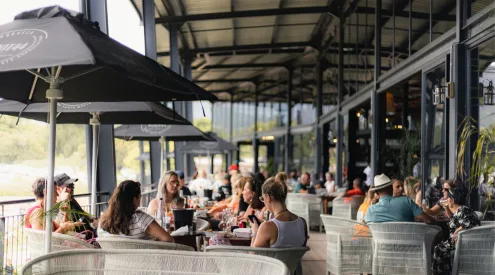A touching new study involving virtual reality (VR) has revealed that technology isn’t always about pushing boundaries, but transcending them, too.
A research team at the University of Tokyo has found the link between virtual reality technology and enabling Japan’s elderly citizens to engage in the world of travel, even when their bodies may limit them physically.
However, it’s not all about sitting down and ‘walking’ along a beach under the setting sun, or gazing at the Eiffel Tower as though it were real-time. Researchers found that using other senior Japanese tourists to gather and be the ‘eyes and ears’ of their less active counterparts is the key to driving meaningful innovation and engagement.

Japanese therapist Kenta Toshima made use of a 360-degree camera during his travels which he then shared with his senior patients. ‘They wanted to see even more of the places from their memories, therefore I felt that I could show them more by using virtual reality and showing them [these places] in 360,’ Toshima told CNN. ‘With VR, they can look around however they’d like to and experience the footage actively.’
While the majority of Japan’s more senior citizens live relatively active lives, the elderly account for the biggest part of the population, and so there is a market for innovation in the field of ‘geron-technology’, which merges the medical study of ageing (gerontology) and technology in Japan’s hyper-aged society.
It’s not only for younger citizens to do ‘real-life’ travelling, however. More mobile seniors are encouraged to get involved, like the study group at the University of Tokyo learning how to film and edit 360-degree footage taken from their perspective to share with their peers. ‘Even if our physical and mental conditions decline because of ageing, we can still experience and participate in society by using VR technology,’ explained Atsushi Hiyama, a professor on the team who focuses on geron-informatics research.
Toshima notes the surprising rehabilitative benefits too, for the mind and the body: ‘When they see the VR, [it] takes them to a different place right before their eyes. I saw people stand up who don’t normally stand up, who then start walking. It was so shocking.’
Image: Pixabay

















